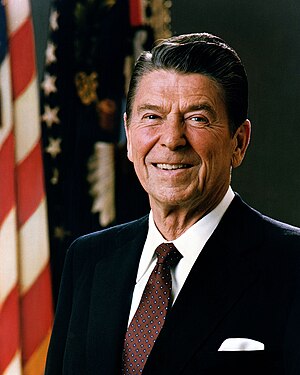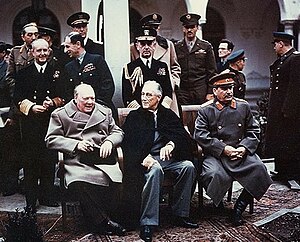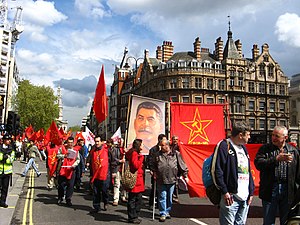 Image via Wikipedia
Image via WikipediaSep 30, 2011 3:08pm
Today’s Qs for O’s WH — 9/30/2011
TAPPER: You said that al-Awlaki was “demonstrably and provably involved” in operations. Do you plan on demonstrating or proving –
CARNEY: I — Jake, you know, I should step back. I — he is clearly — I mean, “provably” may be a legal term. I think it has been well established, and it has certainly been the position of this administration and the previous administration, that he is a leader in — was a leader in AQAP; that AQAP was a definite threat, was operational, planned and carried out terrorist attacks that, fortunately, did not succeed but were extremely serious, including the ones specifically that I mentioned in terms of the would-be Christmas Day bombing in 2009 and the attempt to bomb numerous cargo planes headed for the United States; and that he was obviously also an active recruiter of al-Qaida terrorists. So I don’t think anybody in the field would dispute any of those assertions.
TAPPER: You don’t think anybody else in the government would dispute them.
CARNEY: I think any — well, I wouldn’t know of any credible terrorist expert who dispute the fact that he was a leader in al-Qaida in the Arabian Peninsula and that he was operationally involved in terrorist attacks against American interests and citizens.
TAPPER: Do you plan on bringing before the public any proof of these charges?
CARNEY: Again, this is — the question is — makes us – you know, has embedded within it assumptions about the circumstances of his death that I’m just not going to address.
TAPPER: How on earth is it — what is — I really don’t understand. How — he’s dead.
CARNEY: You –
TAPPER: You are asserting that he had operational control of the cargo plot and the Abdulmutallab plot. He’s now dead.
CARNEY: Mm-hmm.
TAPPER: Can you tell us or the American people — or has a judge been shown — ?
CARNEY: Well, again, Jake, I’m just –
TAPPER: How did –
CARNEY: I’m not going to go any further than what I’ve said about the circumstances of his death and the case against them, which, again, you’re linking. And I think that –
TAPPER: No, you said that he’s responsible for these things. I’m –
CARNEY: Jake — yes. But again –
TAPPER: Is there going to be any evidence presented?
CARNEY: You know, I don’t have anything for you on that.
TAPPER: Do you not see at all — does the administration not see at all how a president asserting that he has the right to kill an American citizen without due process and that he’s not going to even explain why he thinks he has that right is troublesome to some people?
CARNEY: I wasn’t aware of any of those things that you said actually happening. And again, I’m not going to address the circumstances of al-Awlaki’s death. I think it’s — again, it is an important fact that this terrorist, who was actively plotting – had plotted in the past and was actively plotting to attack Americans and American interests is dead. But I’m not going to, from any angle, discuss the circumstances of his death.
TAPPER: Do you know that the Center for Constitutional Rights and the ACLU tried to get permission to represent al-Awlaki on — that his father had asked them to do that, but they needed to get permission from the Treasury Department so that they could challenge his being on this targeted killing list. And the administration, the Obama administration, refused to let them represent — to not even – he couldn’t even have the ACLU representing him.
CARNEY: Well, I think I would send those questions, or take those questions, to Treasury or Justice. I don’t — I don’t have anything on that for you.
TAPPER: What do you think constitutional law professor Barack Obama would think of this?
CARNEY: I think he spoke about it today.
-Jake Tapper


 Email
Email




